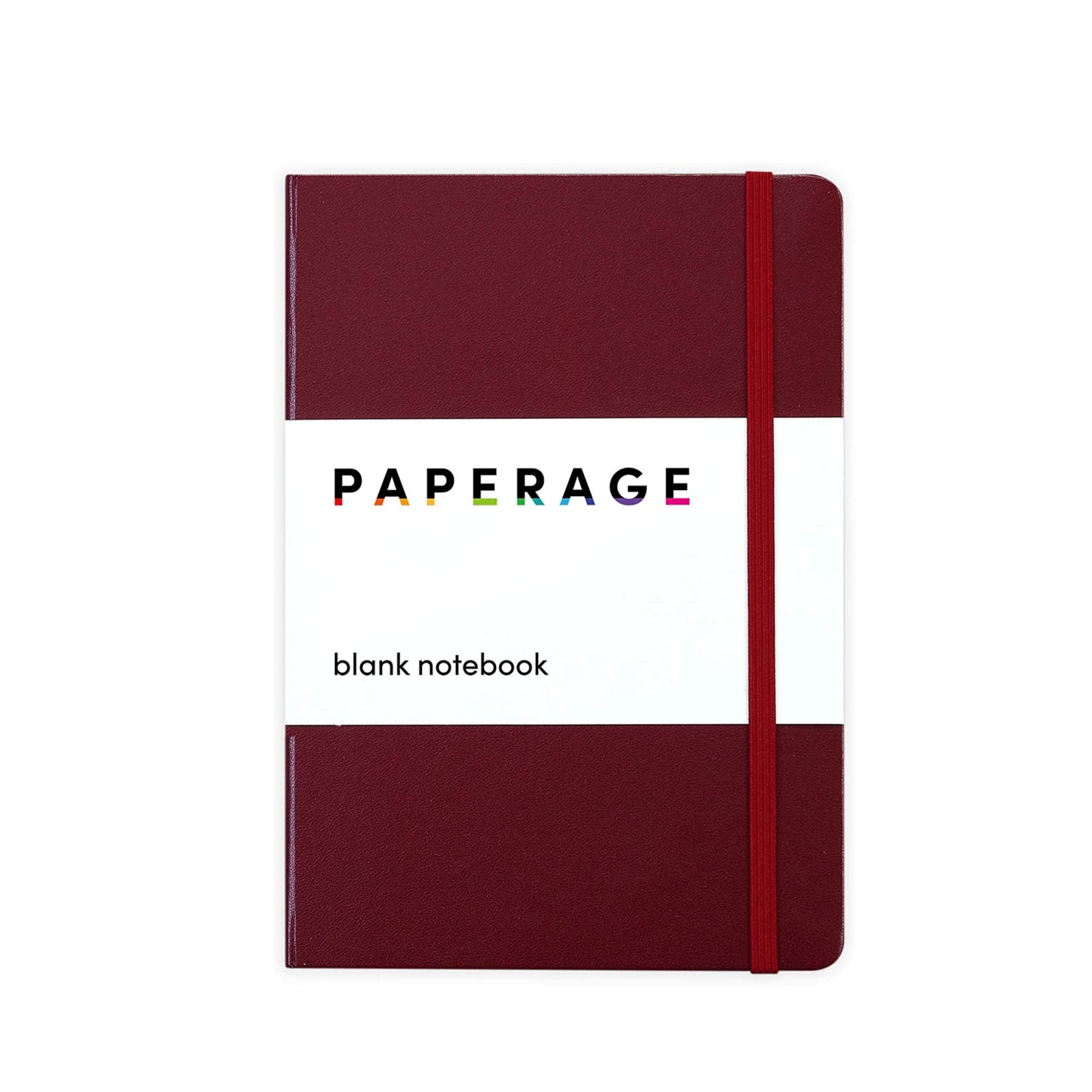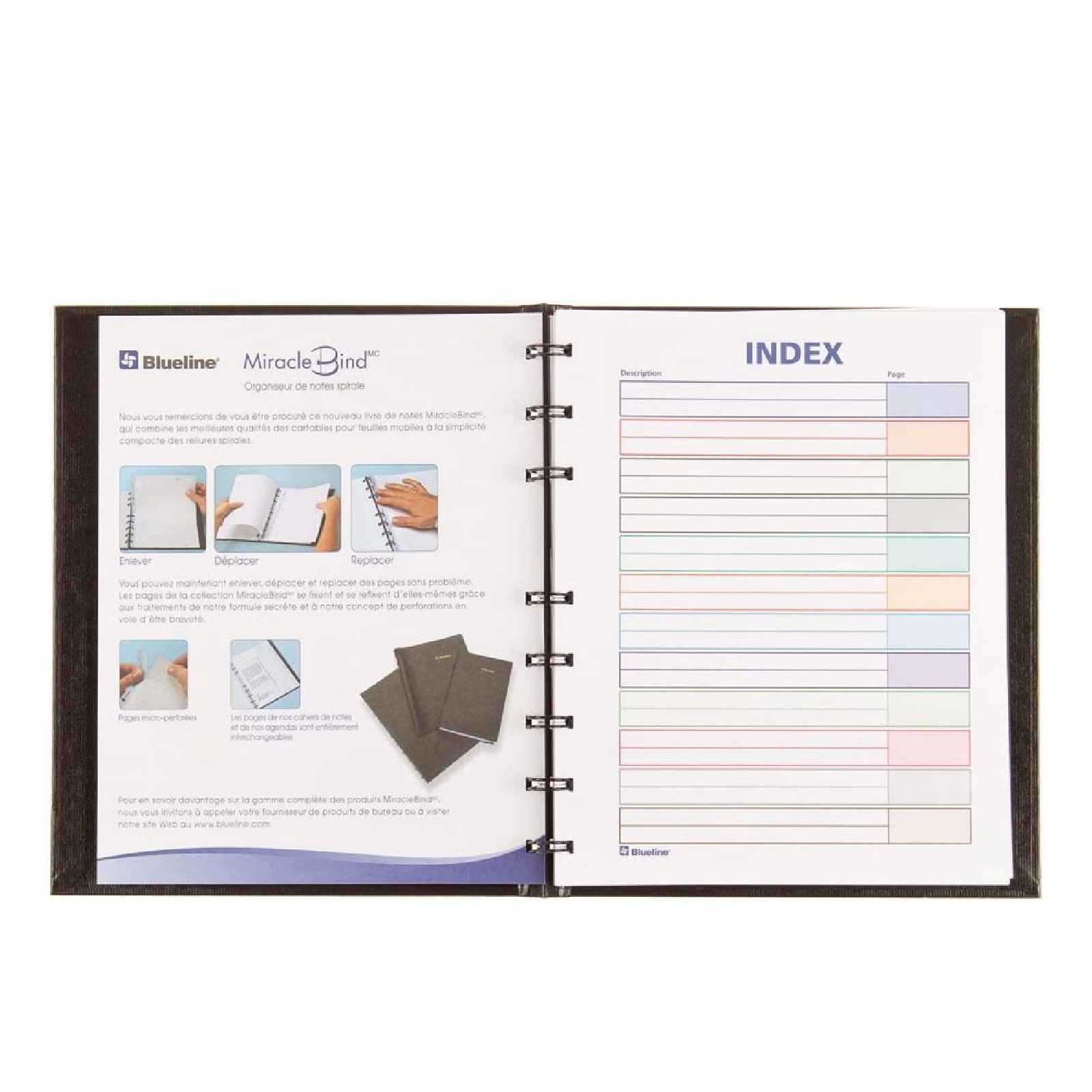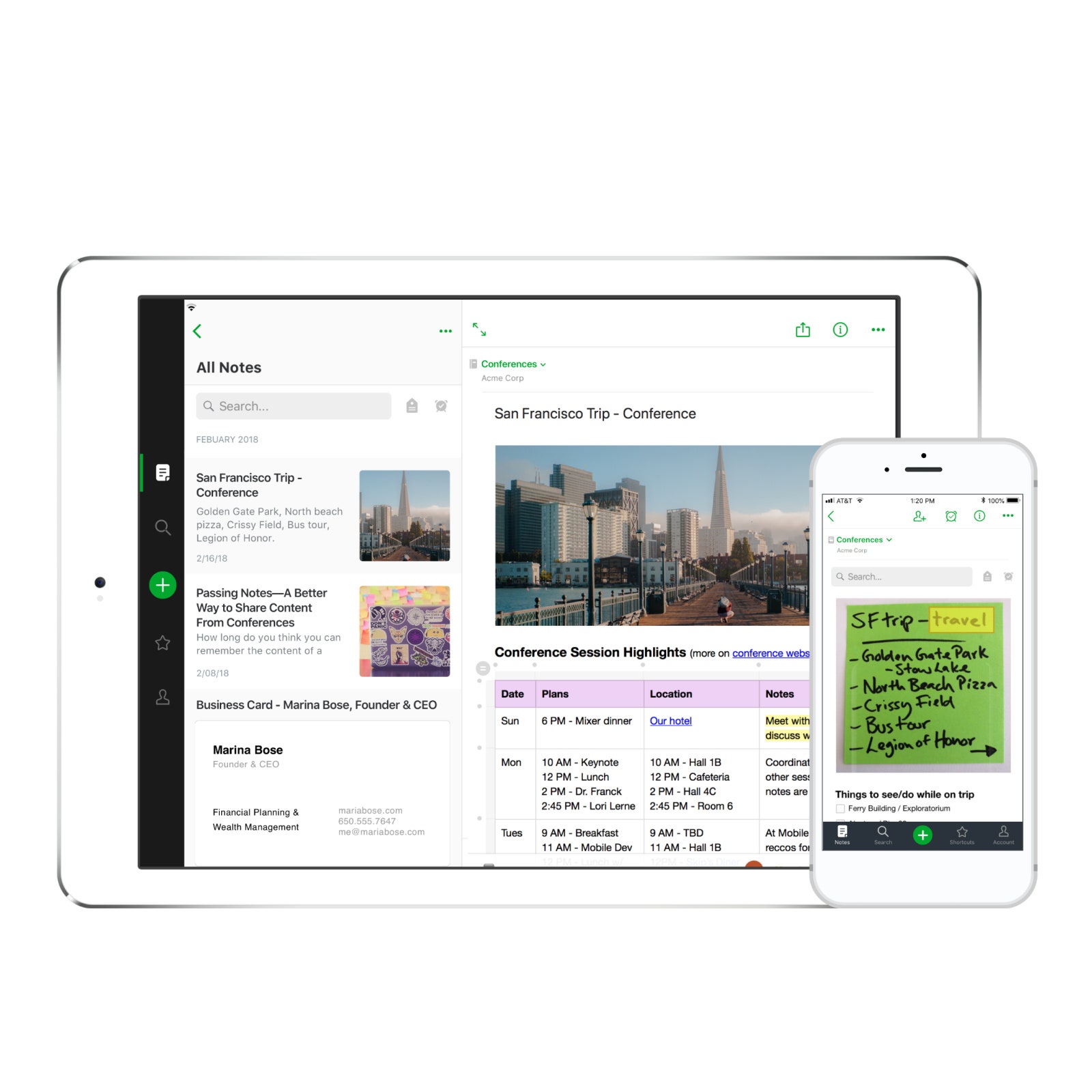The creator of Mom’s Hierarchy of Needs on dealing with rejection, the perfect rollerball pens, and why Saturday is pancake day at her house.

Former ‘Crazy, Tired Zombie-Person’ Leslie Forde Finally Figured Out How to Make Time for Herself
This article is part of a series showcasing the thought leaders who will take the (virtual) stage for Dare to Self-Care, a free event meant to help women everywhere restore their mental, emotional, and physical health—no matter where they are in their wellness journeys. Click here to join the party at 3 p.m. E.T./12 p.m. P.T. on Monday, May 10.
Leslie Forde was burned out. Despite a promotion for which she was excited, company cutbacks and a newborn and toddler at home made the new job near impossible. “I was sleeping in one-hour increments,” she recalls. “I was short-staffed. And I was being called upon to bring my most clear strategic problem-solving self to a situation when I was depleted. It was the first time in my life when people who didn’t know me would say to me, ‘Are you okay? You don’t look well.’”
“I had just become a crazy, tired zombie-person,” she says.
But from that burnout came a passion project and eventually, a thriving business: Years—and a new job—later, Forde drew on her background in market research to survey moms about their needs and priorities. And from their responses, Forde drew what she dubbed “Mom’s Hierarchy of Needs,” a pyramid that clearly showed a solid foundation of children’s well-being, activities, and household needs, followed by stacks of professional goals and healthy relationship needs.
“Way, way up at the tippy, tippy top of the hierarchy are all the things that we need to do for our mental, physical, and emotional health,” she says. “Until I drew it, I couldn’t understand why it was so hard to make the space for them—and why after having kids, it just became impossible.”
Using that pyramid as a jumping off point, Forde launched a business with the same name aimed at conducting research and writing to help moms find more time for self-care. Today, it—paired with Allies @ Work, a sister function of Mom’s Hierarchy of Needs that helps employers enact practices that are more supportive and friendly to caregivers—is Forde’s full-time dream job.
“My story of burning out, even though it was really miserable for me at the time, now allows me to talk other people off the ledge and help them put in place the kinds of well-being and self-care practices that will help reduce burnout, and manage through times of extreme stress,” she says.
Here, Forde talks about her own self-care routine, how to deal with workplace challenges, and the best money advice she’s ever been given.
When she wakes up
It’s usually between 5:30 and 6:30 in the morning. I’ve shifted since having kids to becoming a pretty early riser. And I’ve learned that I’m happier if I have some time in the day to myself—before my kids and my husband are awake—when I have some space to do some self-care.
Her typical morning routine
I think that one of the wonderful and chaotic parts of being a parent is that there are so many unplanned things that happen. I’ll get up at 5:45 a.m. with all these grand ambitions, and think, “Oh, wow, I have all this time before the kids get up,” and I’ll grab my journals, zip out of my room, sit on the couch, get myself set up—and then my youngest will be there: “Hi mommy!”
You just never know. So, you always have to have a Plan B and a Plan C. But my core activities in the morning are meditating and journaling, and running after I set up the kids for school, which right now, is on Zoom. On the weekends, when the kids are not in school, then I make more space—usually for a longer run, and more time journaling and a longer time meditating.
What she eats for breakfast
I make oatmeal pretty much every single day with wild blueberries, and that’s what I make the kids every single day as well—which they’re not as excited about. They think it’s pretty boring now but it has so much nutrition and it’s really good for you. But on Saturdays, by popular demand, I make pancakes. Saturday is pancake day.
Her first childhood dream job
I wanted to be an international lawyer, a supermodel, and run a very serious business. That’s what my Barbie did. That’s when there were no limits. It was like, “I’m going to do all these amazing things, and I’m gonna have this adoring family with my children, and I’m going to be married to the most incredible, gorgeous, super-successful husband ever, and it’s all going to work out.” Through the eyes of a child, you see those things on television, and you think, “I can do that. Why not?”
Her first actual job
My first job with actual paychecks was working as a salesperson in a clothing store. I eventually decided instead of international law that I probably wanted to go into international marketing, and by the time I was 15, I started doing part-time work at market research companies, doing telemarketing surveys—so my marketing career began very early in my research career.
How she deals with rejection in the workplace
In a much healthier way than I would have dealt with it even a couple of years ago! If something doesn’t work the way that I intended it to or hoped it would—when things don’t go according to plan in my professional life—I’ve learned to trust that I am moving in the right direction, in even better ways than I had imagined, and that each disappointment is leading me to something that’s developmentally better for me and fits into my life in a more meaningful way.
I used to not be as mature about it. I used to kind of kick myself and think, “What did I do wrong? How could I have changed the outcome?” And some of that is healthy. There’s a certain amount of learning that comes from reflection.
The best piece of money advice she’s ever gotten
Always have an emergency fund. I’ve ended up needing that at times in my life when I didn’t expect to. I planned a very linear type of career progression. I never anticipated things like layoffs or bumps in the road, or time out of the workforce, or needing to downshift, or the challenges of being a working mother. Like, none of those things were part of my plan. I was like, “I want everything to just work out perfectly.”
And in life, it doesn’t. This is true for a lot of women, and certainly more true for women of color: If you are coming into your life without generational wealth, then having an emergency fund and some financial backup is really important. So, I’m grateful for getting that advice early on.
The reason she’s successful
I’m incredibly persistent. Five years ago, I would have answered that question differently. Five years ago, I would have said that I can work at an incredible pace; I have a huge capacity for work. I was one of those people who always had a ton of energy, and pre-kids, that fueled a lot of my career success. But I’ve learned that working in that way—even though that’s what we’re conditioned to do—leads to burnout. And not just the kind of burnout I had after my second child was born, but the kind of burnout that prevents those breakthrough ideas from coming through. It prevents that intuition and those incredible insights from coming through. And when you’re exhausted, you don’t take chances. You don’t invest in your relationships, you don’t invest in your time with your family, and you don’t derive the same joy from your everyday experiences.
Her biggest workplace challenges
I’m really candid and direct, and there are people who don’t expect that. They don’t expect it from a woman, and they don’t expect it from a Black woman. And sometimes, that becomes a challenge when people prefer an indirect communication style. It’s those subtle communication style issues—those nuances in terms of how other leaders perceive you—that matter if you want to ascend in corporate life.
I will tell people that I’m really direct, but I’m also super respectful. It’s something I’m aware of and incorporate into building relationships with people.
Her favorite low-stakes treat
I love ice cream. I love chocolate. And chocolate in the form of chocolate truffles, or I’ll make chocolate cake because my kids request that. And those are low stakes, pure fun ways of treating myself and treating the kids.
Her workday essentials
I’m design challenged. I can work with a designer, and I can appreciate good design, but it’s not my natural strong suit. Canva, an online design and publishing tool, makes it really easy, even for someone who doesn’t have any natural design skills.

Canva Pro
$119.99CanvaI like a journal with blank pages. There’s no grid, there’s no structure to them. When I have that morning time, I’m either free writing, and I usually will do, like, the Anne Lamott–style three morning pages. But there are days where I just start drawing something—like I come up with an idea for my website, or I come up with an idea for the business, and I sketch it out. Having those like beautiful, creamy, blank sheets of paper really helped me unlock a creative part of my brain. And I’ve found that pretty essential for planning.

Blank Page Journal
$9.95PaperageI love these pens. They just write really smoothly, and are perfect for journaling and doodling.

Rollerball Pens
$10.30Tru RedI use customizable notebooks for my work notes, so that I can pull out and add and rearrange the pages. I write every day. Despite all the technology that I use, I really love writing things down by hand. I take pages and pages of notes every day.

MiracleBind Notebook
$11BluelineI’ve found that being able to photograph notes that I’ve written and organize them in Evernote, has been a really kind of critical part of my work infrastructure.

Evernote Premium
$7.99Evernote*Quotes have been edited for length and clarity.
Dare to Self-Care is a free virtual event brought to you by Glamour, Fair Play, and CVS. Click here to RSVP.
This story originally appeared on: Glamour - Author:Jillian Kramer













